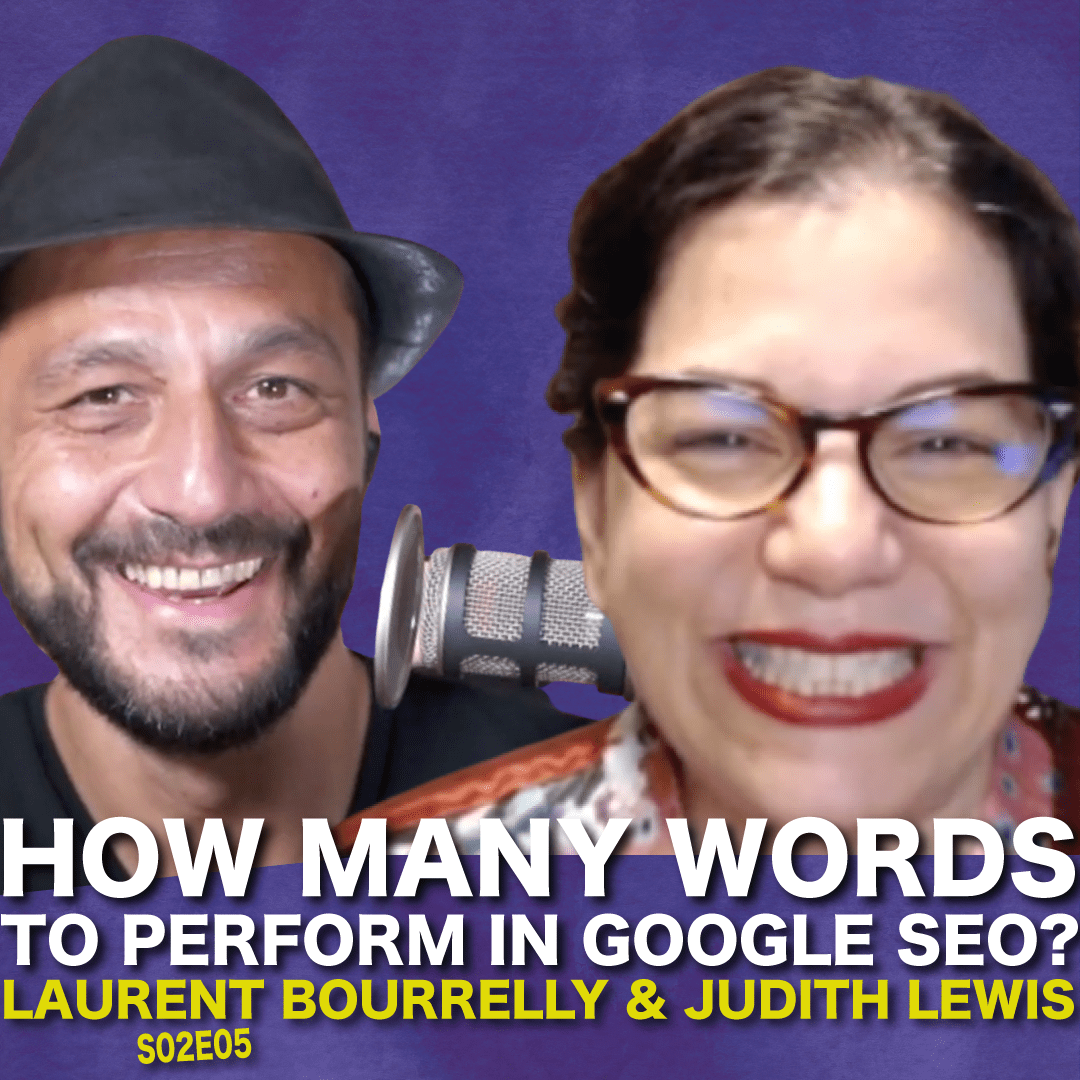The number of words per page is nothing like Ranking Studies show.
An average number of words ideal to rank on Google is advised by many SEO. In fact, there isn’t an ideal average number of words per page. Depending on the user intent, the topic requires more or less explanation. On the other hand, there is a minimum number of words for Google to get an idea of what you talk about on a page. Below 300 words, there is not enough information.
Watch the video
How Many Words Per Page is Best for Google SEO?
One of the most persistent debates in SEO revolves around word count. How many words should a page have to rank well on Google? Some studies suggest 2,000 words is the sweet spot, while others argue brevity can also work. Here’s the truth: there’s no one-size-fits-all answer. Instead, it depends on user intent, content quality, and technical SEO.
The Myth of the 2,000-Word Rule
Many ranking studies claim that pages in Google’s top results have an average of 2,000 words. While this statistic grabs attention, it’s misleading. As Kristine Schachinger points out, these studies often fail to control for variables like user intent and industry specifics.
For instance:
- A news article might require only 300 words to deliver value.
- An in-depth guide on a technical topic may need 3,000 words or more.
Matching Word Count to User Intent
Kristine emphasizes the importance of aligning content length with what users expect. For example:
- E-commerce Pages: A product description may only need 150-300 words if supported by images and specifications.
- Informational Content: A blog post answering “How to Train a Puppy” might require 800-1,200 words to cover the topic thoroughly.
- Tools and Calculators: Some high-ranking pages, like loan calculators, may have minimal text but excel at meeting user needs.
Does Less Content Mean Lower Rankings?
Not necessarily. Kristine shares examples where shorter content has ranked exceptionally well due to:
- Strong Internal Linking: Connecting relevant pages helps Google understand the site’s structure and relevance.
- High-Quality Backlinks: Short pages supported by authoritative links can outperform wordy, low-value content.
- Precise Optimization: Titles, headers, and meta descriptions that target user queries effectively.
The Minimum Word Count to Aim For
While there’s no magic number, Kristine recommends a baseline of 300 words for most pages. This gives Google enough context to understand the topic while keeping the content concise. For richer engagement and better rankings, consider going up to 500 words if the topic allows.
Writing for Relevance, Not Just Length
Rather than chasing arbitrary word counts, focus on creating content that:
- Matches user intent.
- Provides clear and actionable information.
- Includes semantic variations of keywords to signal relevance.
As Kristine puts it, relevancy beats verbosity every time. Think of your content as playing a “mystery word game”—if someone can guess the topic without seeing the main keyword, your content is on the right track.
The Role of Technical SEO
Word count alone won’t save a poorly optimized site. Technical SEO elements like site speed, clean architecture, and mobile responsiveness are equally critical. Even a perfectly written 2,000-word article won’t rank if your site is slow or hard to navigate.
Word count is just one piece of the SEO puzzle. By focusing on user intent, relevance, and technical optimization, you can create content that ranks well—whether it’s 300 words or 3,000.



